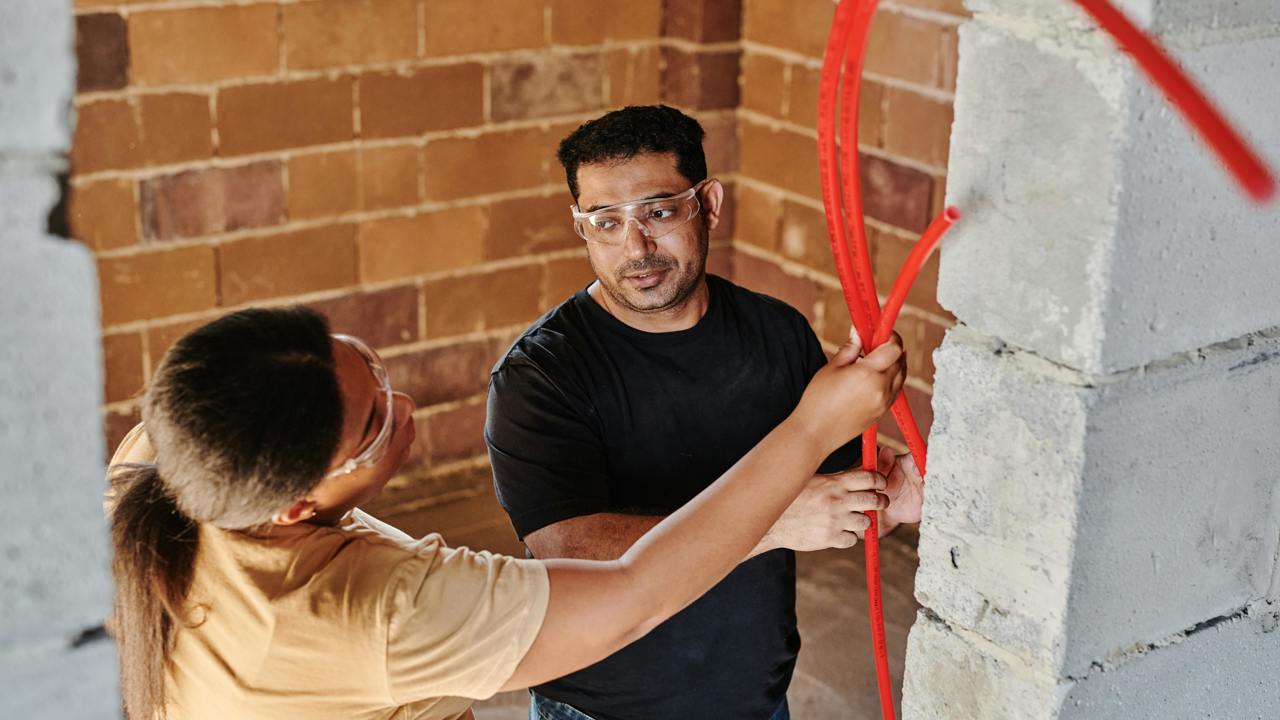
Overview
Submitted to: Independent Review Panel for the Curriculum and Assessment Review
Our response to this 2024 review, alongside the National Engineering Policy Centre. We believe the education system should balance meeting the needs of the individual, setting young people up for life and work, alongside meeting the workforce needs of the UK.
Who this is for
- MPs
- Policymakers

Key recommendations
We need a broad and balanced curriculum that addresses diversity issues in STEM teaching and learning. A curriculum that equips a generation of digitally literate young people and increases the visibility of engineering.
In light of this, alongside the National Engineering Policy Centre, we believe we need a curriculum that:
- Imparts knowledge and insight to comprehend the science, engineering and technology behind global challenges. These include climate change, biodiversity loss and sustainable energy supply. This will help young people to constructively engage with these issues
- Provides mathematical and data education that better prepares young people for the rapidly changing demands of an increasingly data-rich world
- Provides digital education that makes sure all future citizens can keep up with the pace of technological change. This is so they can be effective, well-informed and safe
- Is inclusive and addresses gender imbalances in progression in subjects such as mathematics, computing and physics
- Equips young people with the understanding of the jobs available and the skills required to access them.
To achieve this the curriculum and assessment review should consider:
- The impact of the EBacc system, academisation and the nature of the English assessment system at Key Stage 4 and 5 on the breadth of subjects available to young people
- The importance of context and representation in addressing the diversity challenges particularly in STEM subjects such as physics, computer sciences and Design & Technology
- The impact of content overload in STEM subjects on the opportunity for more practical hands-on learning
- The importance of real-world application approaches in teaching and learning. This will support young people to find out more about how physics, maths, computer sciences and Design & Technology link into the world of engineering
- How to enable more young people to showcase their knowledge and skills through a reformed assessment system
- A greater focus in the curriculum on equipping young people with digital skills
- Integrating the causes, impact and – crucially – the solutions to environmental problems, particularly climate change, throughout the curriculum. Then clearly link this to careers in this field
- How to best embed careers education across the STEM curriculum.




